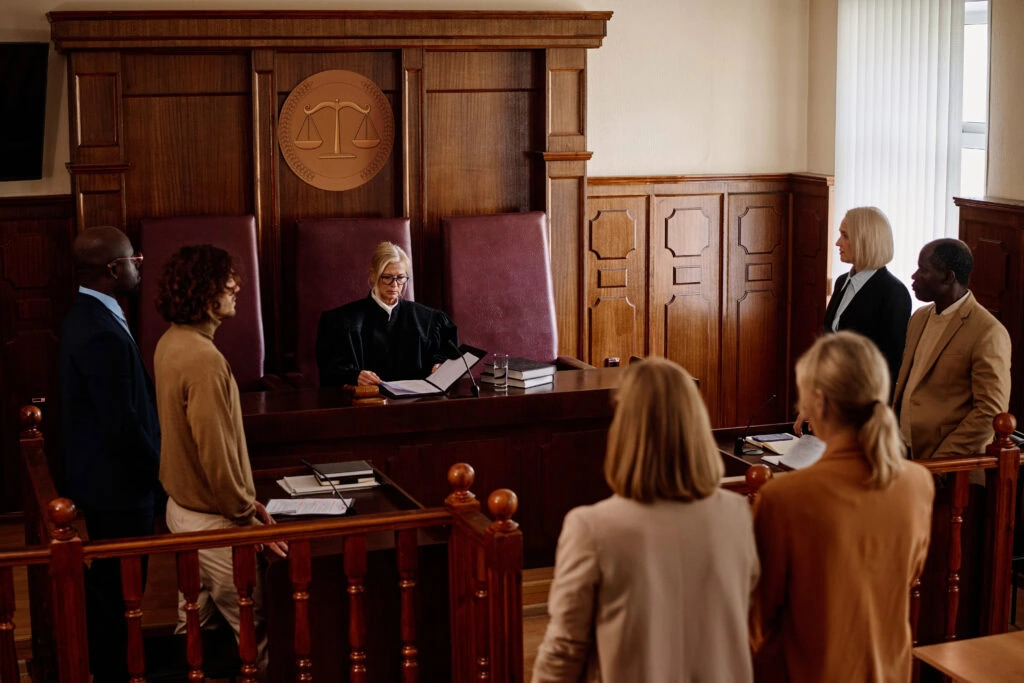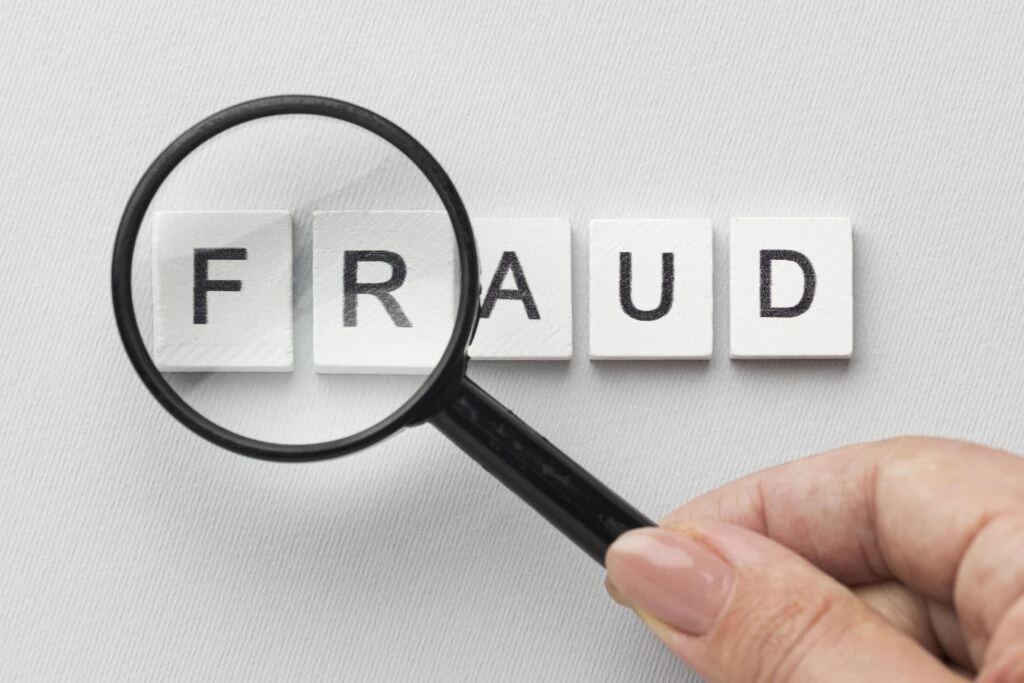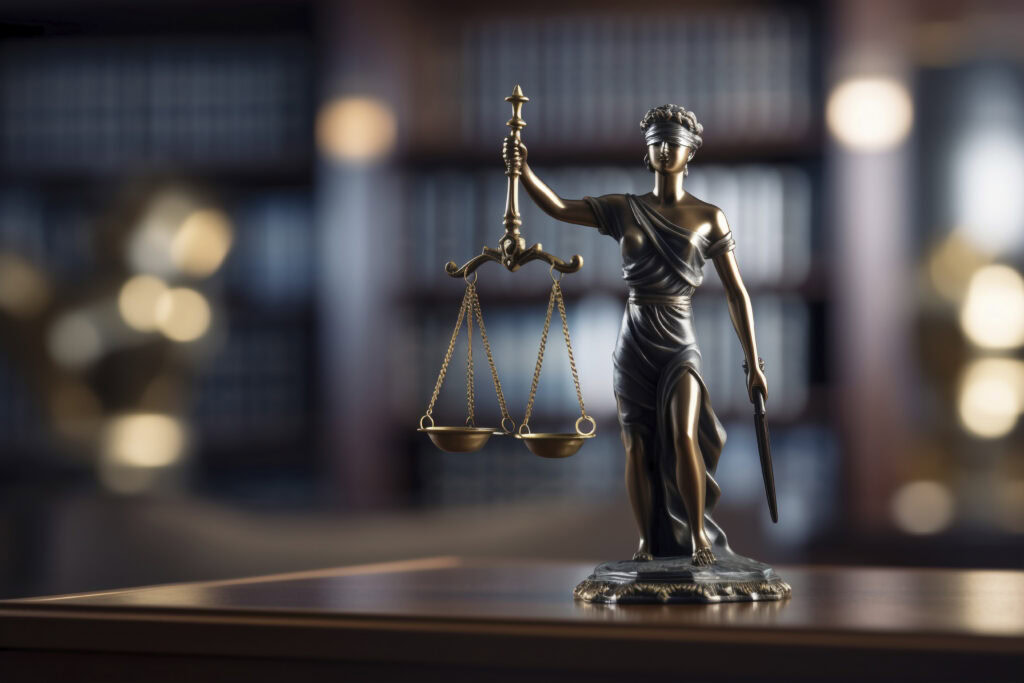Understanding legal nuances can be perplexing, especially when it comes to the impact of criminal records on one’s future. One common question pertains to misdemeanors: how long do Misdemeanors stay on your record? To address this, we first need a clear comprehension of what misdemeanors are and their typical consequences.
Understanding Misdemeanors
While a misdemeanor already sounds like something of a lesser crime, as always with the law, reading the fine print and the details are essential.
Legal Definition
At its core, a misdemeanor is a criminal offense that is less severe than a felony but more serious than an infraction. While laws vary by jurisdiction, misdemeanors generally involve acts that are punishable by incarceration in a local jail rather than a state prison. The duration of imprisonment for misdemeanors is typically shorter than that of felonies, often not exceeding one year.
Elements of the Crime
Misdemeanors, like other offenses, comprise specific elements that prosecutors must prove beyond a reasonable doubt for a conviction. These might include the intent of the perpetrator, the nature of the act, and its consequences.
For instance, shoplifting items below a certain value might be considered a misdemeanor in some jurisdictions, while exceeding that value might elevate the crime to felony status.
Typical Misdemeanor Consequences
Consequences for misdemeanors, while less severe than felonies, can still be substantial. Let’s delve into some examples:
- Petty Theft: In many areas, stealing items valued below a threshold, such as $500, is deemed petty theft, a common misdemeanor. Consequences might include fines, community service, or a jail sentence of a few days to several months.
- Public Intoxication: Being found inebriated in public spaces can lead to charges of public intoxication. Penalties can range from a night in jail to fines or mandatory participation in alcohol education programs.
- Simple Assault: This refers to causing minor injuries or threatening someone without a weapon. Penalties can include probation, anger management classes, fines, or short jail sentences.
Shifting our attention back to the central question, let’s examine the duration of misdemeanors that remain on one’s record.
How Long Do Misdemeanors Stay on Your Record?
Misdemeanors, once convicted, become a part of your criminal record. However, the duration they stay visible can vary based on several factors, including the jurisdiction, the nature of the misdemeanor, and any subsequent legal actions like expungements.
In some states, a misdemeanor might remain on your record indefinitely. However, certain jurisdictions allow for the expungement or sealing of misdemeanor records after a set period, often after demonstrating good behavior or meeting specific criteria.
Do Misdemeanors Show on Background Checks?
The straightforward answer is yes; misdemeanors can appear on background checks.
Employers, landlords, or other entities conducting these checks can potentially see any misdemeanor convictions. However, the visibility can depend on the depth and scope of the background check. For instance, a cursory check might not unearth older misdemeanors, especially if they’ve been expunged or sealed.
Comprehensive checks, on the other hand, could reveal them, even if a significant amount of time has passed since the conviction. It’s essential to be aware of what’s on your record and, if possible, to take steps to address any issues, ensuring your past doesn’t unduly affect your future opportunities.
Consequences of Having a Misdemeanor on Your Record
While a misdemeanor is considered a lesser offense than a felony, its presence on your record can still have lasting implications. Let’s unpack some of these potential repercussions:
- Employment Opportunities: Many employers conduct background checks, and a misdemeanor can make it challenging to secure a job. Certain professions, especially those requiring licenses like teaching, nursing, or law, can be particularly stringent about any criminal history.
- Housing Applications: Landlords often run background checks on potential tenants. A misdemeanor might raise concerns about an applicant’s responsibility or trustworthiness, making it harder to rent an apartment or house.
- Loan Approvals: Financial institutions view criminal records as risk indicators. A misdemeanor could reduce your chances of obtaining loans or might result in higher interest rates.
- Professional Licenses: Acquiring or renewing professional licenses might become a hurdle if you have a misdemeanor on your record, as some licensing boards view them as marks against an individual’s professional character or competence.
Given these potential setbacks, individuals often seek ways to remove or reduce the visibility of misdemeanors from their records.
Options for Removing Misdemeanors from Your Record
Navigating life with a misdemeanor on your record can be challenging. However, the legal system in many jurisdictions provides avenues to mitigate the long-term effects of such a blemish.
Expungement
Expungement refers to the legal process of erasing or removing certain offenses, including misdemeanors, from one’s criminal record. Once a record is expunged, the misdemeanor is treated as if it never occurred. The person can, in most situations, legally state they were never convicted of the crime.
Eligibility for expungement often depends on factors like the nature of the misdemeanor, the time passed since the conviction, and the individual’s subsequent criminal history.
Record Seal
Sealing a record is another avenue. While similar to expungement, it doesn’t erase the misdemeanor but rather hides it from public view. The offense remains accessible to law enforcement agencies but doesn’t appear on most standard background checks. This option is particularly beneficial for those who may not qualify for expungement.
Conclusion
A misdemeanor, while less severe than a felony, can still cast a long shadow on an individual’s personal and professional life. From employment hurdles to housing challenges, the ripple effects can be broad and enduring. However, the legal landscape offers hope and avenues for mitigation.
Through processes like expungement, and record sealing, and with the assistance of skilled misdemeanor lawyer, one can take proactive steps to reduce the impact of a misdemeanor. It underscores the importance of understanding your rights and available remedies, ensuring that past missteps don’t indefinitely dictate the course of your future.










